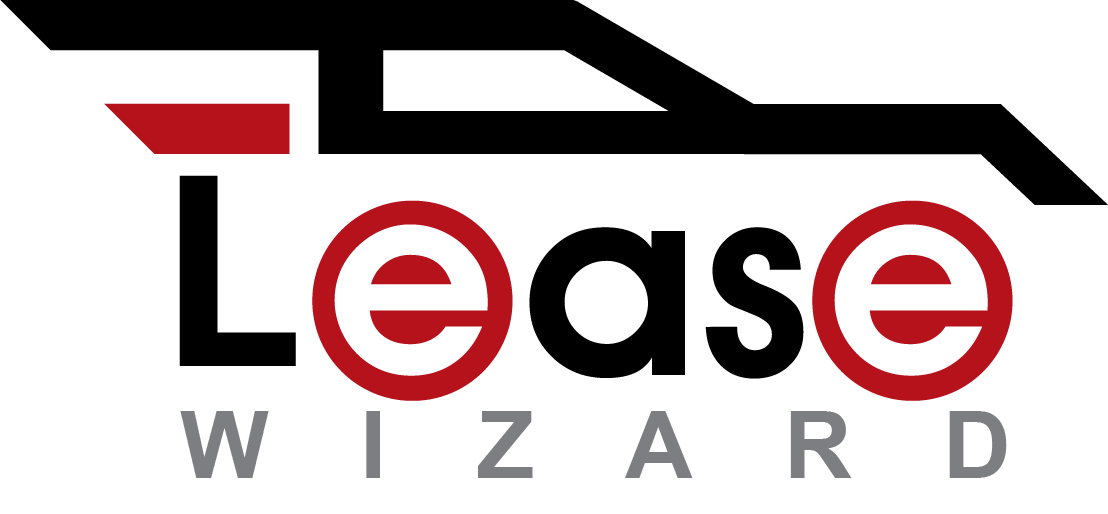**This post contains affiliate links and the publisher may be compensated if you make a purchase after clicking on these links.**
There’s an old adage related to the relationship between auto racing and automotive sales “Win on Sunday, sell on Monday” – meaning that strong performance in auto racing drives sales once dealerships re-open on Monday. While some have argued that the relationship is no longer as strong, it may certainly have become more subtle, but it seems that it is still present. The major global manufacturers still invest in auto racing, as well as major automotive-related companies like tire manufacturers, lubricants and fuel manufacturers/distributors, and other related companies that use auto racing and other motor sports as major marketing opportunities.
With Memorial Day weekend quickly approaching, it marks the unofficial start of summer, but is also the largest motor sports weekend, both here in the US and abroad, on the calendar. On the Sunday of Memorial Day weekend three major races take place each year:
- The Monaco Grand Prix, which is a road race that takes place on the streets of Monte Carlo in the small (and very wealthy) independent nation of Monaco. This race is part of the annual Formula 1 series, and its most famous and historic race.
- The Indianapolis 500, which takes place at the Indianapolis Motor Speedway, nicknamed “the Brickyard” in Indianapolis, Indiana. This race is arguably the most famous auto race, now having been run over 100 times dating back to 1911 (with a few war years where it didn’t run), and it gets its name for being a 500 mile race, which requires 200 laps around the 2.5 mile long oval.
- The Coca Cola 600, which takes place at Charlotte Motor Speedway in Concord, North Carolina is a NASCAR race, and while not the series most famous race, it has been run since 1960 and is the annual series longest race at 600 miles.
None of the three series (Formula 1, Indycar, or NASCAR) feature vehicles that are “street legal”, but looking at them its clear that NASCAR is closest to racing vehicles that most resemble vehicles you’ll see at your local dealerships. As an example the Ford NASCAR vehicles had been recently based on the Fusion, and with that model being discontinued, in 2019 its based on the Mustang. Chevrolet and Toyota are the other manufacturers of NASCAR vehicles. In Indycar, the place where traditional auto manufacturers get involved most notably is in engine design and manufacturer, and this season both Honda and Chevrolet produce engines for Indycar vehicles. For Formula 1, Ferrari, Mercedes-Benz, McLaren, and Aston Martin all sponsor or co-sponsor teams, among others, so the emphasis here is both more-European based, and also much more high end and about the brands focused on mainstream market share. That said, given the audience for F1, it is effectively achieving its goals of winning on Sunday and selling on Monday for its target clientele just as well as NASCAR and Indycar (and possibly better than either or both).
Instead, manufacturers, be it Chevrolet and Honda in Indycar or Ferrari and Mercedes-Benz in Formula 1, stay involved for branding, but more so because it enables them to apply their research and development activities in even more grueling conditions than most drivers will face on the road.
So while there are definitely people who comparison shop the Ford Mustang and the Chevrolet Camaro (in fact, probably most of the buyers of one at least considered the other), but very few people who will base their next vehicle purchase on which of these vehicles places higher at the Coca-Cola 600 on Sunday. But it doesn’t mean that dealers and the sales arm of the manufacturer aren’t benefiting from the companies’ participation in auto racing. When they are able to prove the viability of new materials that reduce weight, create new engine designs that improve fuel economy, or test improvements to the driver experience, or any number of similar enhancements, these become features on new passenger vehicles that create the valuable difference from the competition, and from models that are just a few years old.
Not every manufacturer is represented with the big races on Memorial Day weekend, but most manufacturers are involved in motor sports, if not in these three series. Other series use vehicles that are less modified from their production vehicle counterpart, and the required investment is a lot less too. So while you may not see your favorite brand out on the track on the last Sunday in May, they are out on some track somewhere on other Sundays and doing it so they can sell better cars on Monday (and the rest of the week too).
Previous Article: “Open-ended Vs. Closed-ended Leases”
